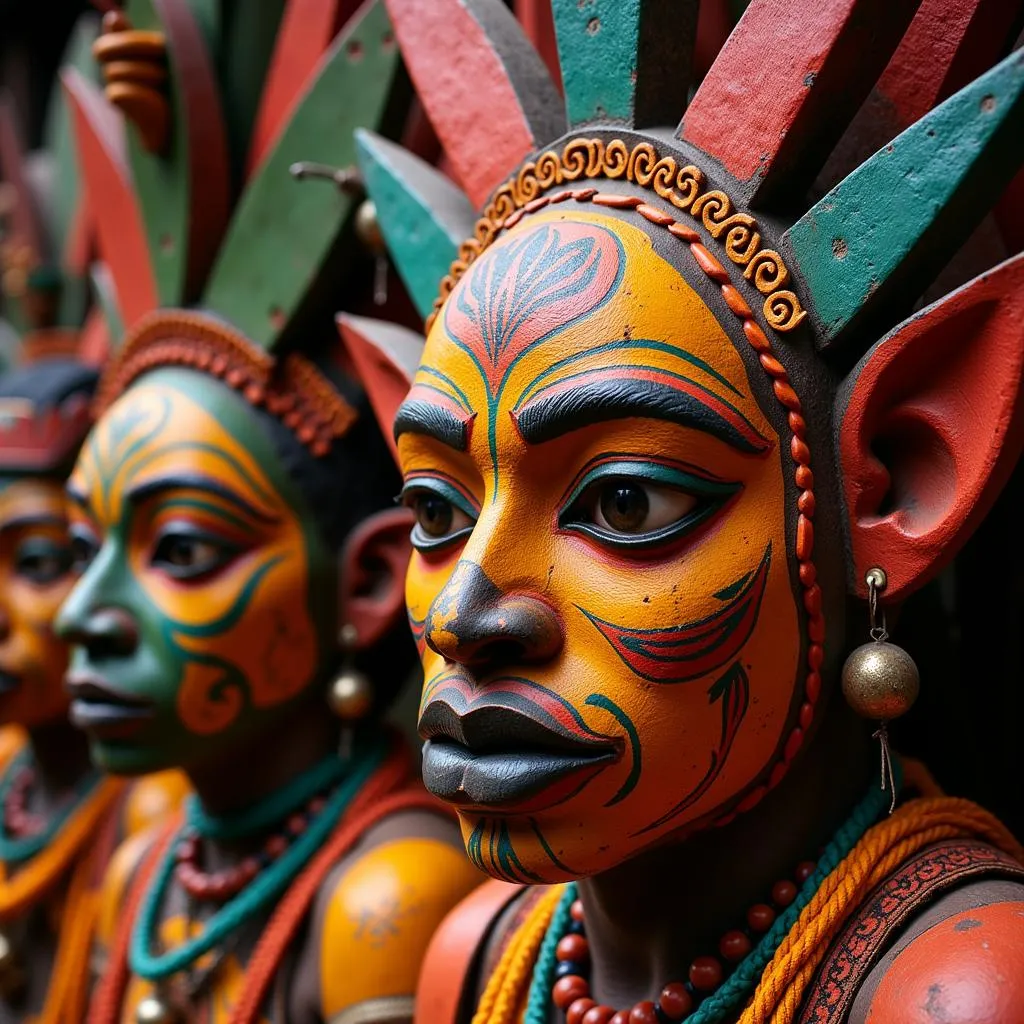Understanding the African Development Bank Functions
The African Development Bank (AfDB) plays a crucial role in promoting sustainable economic development and social progress in its regional member countries. This article explores the core African Development Bank Functions, highlighting its impact and importance in fostering growth across the continent. We’ll delve into the various ways the AfDB works to improve lives and empower communities.
The Core Functions of the African Development Bank
The AfDB primarily focuses on reducing poverty and improving living standards through a multi-faceted approach. Its functions of african development bank encompass lending, providing technical assistance, mobilizing resources, and promoting investment. These activities aim to stimulate economic growth, enhance human development, and improve infrastructure across the African continent.
Lending and Investment Operations
One of the key African Development Bank functions is providing loans and grants to its member countries. These funds are allocated to various sectors including infrastructure development (roads, energy, water), agriculture, education, and healthcare. The goal is to support projects that directly contribute to economic development and social progress, fostering sustainable growth and creating opportunities for people. These investments can range from large-scale infrastructure projects to smaller community-based initiatives.
Technical Assistance and Capacity Building
Beyond financial assistance, the AfDB also offers crucial technical expertise and capacity-building support. This involves providing expert advice, training programs, and knowledge sharing to help countries effectively manage and implement development projects. Strengthening institutional capacity and promoting good governance are critical elements of the AfDB’s approach, ensuring that projects are sustainable and have a lasting impact.
Resource Mobilization and Partnerships
The African Development Bank functions effectively by attracting and mobilizing resources from various sources. This includes securing contributions from member states, as well as partnering with international organizations and private sector investors. By leveraging these partnerships, the AfDB can maximize its impact and channel more resources towards development initiatives across Africa. Collaborations with global institutions and private entities play a vital role in achieving the bank’s objectives.
Promoting Private Sector Development
Recognizing the crucial role of the private sector in driving economic growth, the AfDB actively works to promote private sector development in Africa. This involves providing financial and technical support to businesses, fostering entrepreneurship, and improving the investment climate. By empowering the private sector, the AfDB aims to create jobs, stimulate innovation, and foster sustainable economic development.
The African Development Bank’s Impact
The AfDB has played a significant role in transforming Africa’s development landscape. Its interventions have contributed to improved infrastructure, enhanced human capital, and increased access to essential services. The bank’s focus on sustainable development is evident in its support for renewable energy projects, climate change adaptation initiatives, and promoting gender equality.
Challenges and Future Directions
While the AfDB has made significant strides, challenges remain. The bank faces the complex task of addressing persistent poverty, inequality, and the impacts of climate change. Moving forward, the AfDB will need to further strengthen its partnerships, enhance its operational efficiency, and adapt to the evolving needs of its member countries.
Conclusion
The African Development Bank functions are crucial to Africa’s continued development journey. By focusing on lending, technical assistance, resource mobilization, and private sector development, the AfDB plays a vital role in supporting sustainable economic growth and improving the lives of millions across the continent. The african development bank gktoday continues its mission to build a prosperous and resilient Africa. The african development bank established in 1964 continues its important work today.
FAQ
- What is the primary goal of the AfDB? (To spur sustainable economic development and social progress in Africa)
- How does the AfDB mobilize resources? (Through member contributions and partnerships with international organizations and the private sector)
- What sectors does the AfDB support? (Infrastructure, agriculture, education, healthcare, and private sector development)
- What is the role of the african institute of social development? (While not directly part of the AfDB, this institute focuses on related social development issues in Africa.)
- How does the AfDB contribute to capacity building? (Through technical expertise, training programs, and knowledge sharing.)
- What is the importance of private sector development for the AfDB? (It is seen as a key driver of economic growth and job creation.)
- How does the AfDB address climate change? (By supporting climate change adaptation initiatives and renewable energy projects)
Scenarios
- Scenario 1: A country needs funding for a new power plant to increase access to electricity. The AfDB can provide loans and technical assistance to support this project.
- Scenario 2: A small business needs help accessing capital to expand its operations. The AfDB can connect them with investors and provide business development support.
- Scenario 3: A government needs help developing a national strategy for agricultural development. The AfDB can provide expertise and technical assistance in creating and implementing this strategy. Similar help can be given for other sectors such as reforming the south african revenue service.
Further Reading
For more information on related topics, explore our articles on sustainable development, economic growth in Africa, and the role of international financial institutions.
Call us at +255768904061, email [email protected] or visit us in Mbarali DC Mawindi, Kangaga, Tanzania. We’re available 24/7.
